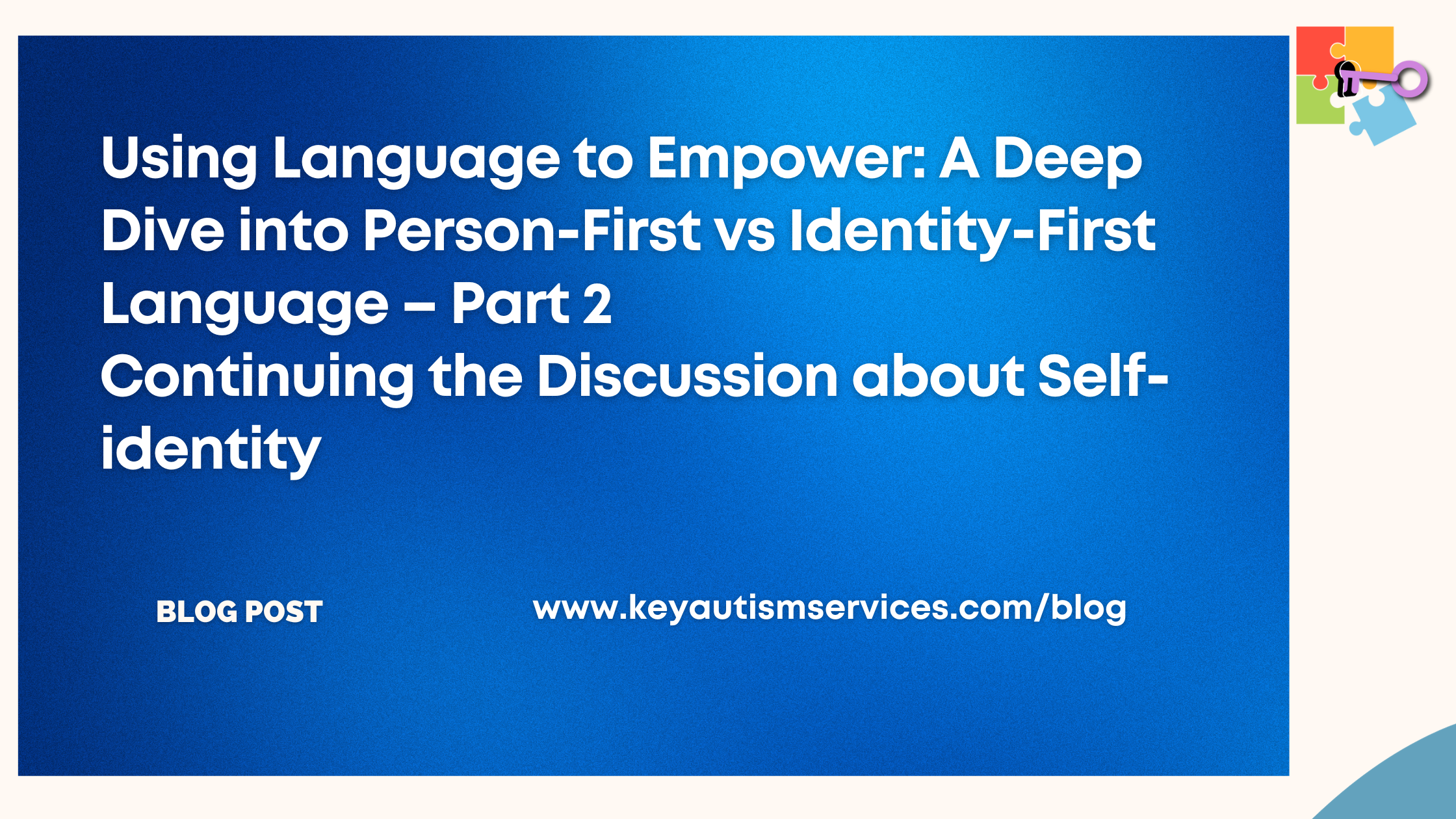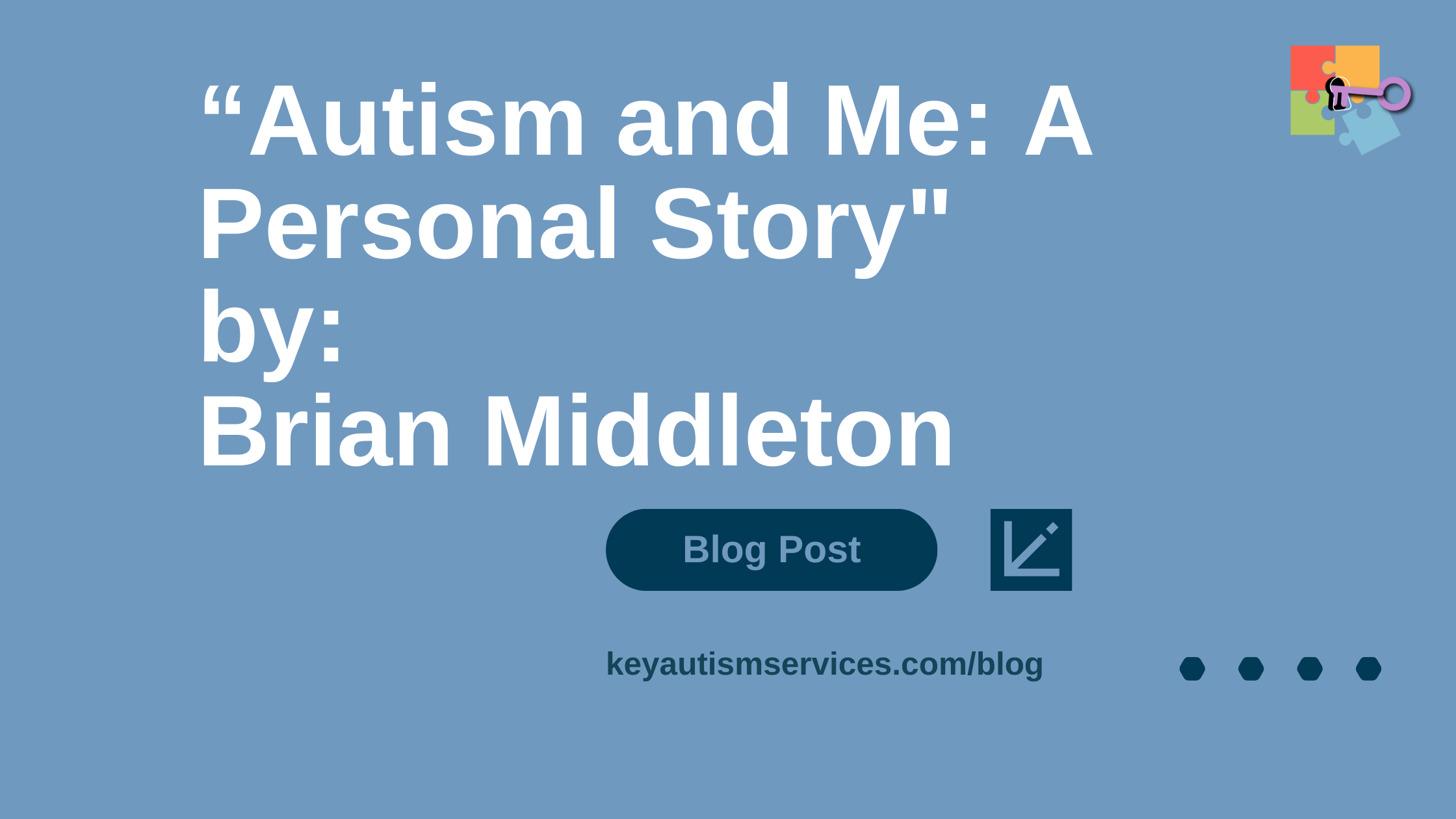Continuing the Discussion about Self-identity
Our views about the way we perceive individuals with a disability have expanded in recent years. Rights for all are at the forefront of every page and rightly so. As we decipher and discriminate the differences between Person-first language and Identity-first language, the keywords to pay attention to are “person” versus “identity.” Person-first language is language that puts a person before their diagnosis while Identity-first language is the language that puts a person’s diagnosis before themselves. It has become increasingly common for people to ask each other how they want to be addressed. This is as important as obtaining their consent to accept and participate in recommended interventions. Refer to our blog Understanding Assent & Assent Withdrawal in ABA.
Understanding Person-First Language: Examining the Pros and Cons
One pro of Person-First Language includes giving respect and acknowledgment to the person versus their disability. When introduced, a person with autism would be addressed by their name and this is what the rest of the world relates to. When higher-functioning individuals with autism were asked what their preferences were, it was evident that they took pride in mentioning their names and did not say anything about their autism diagnosis. Most human beings have differences in how they understand, process, and respond to any external stimuli and environmental factors and it is rare to see someone explain who they are by a condition they have.
A con of Person-First Language includes the nature of the disability – Autism. Autism and a person are seldom separable. The use of person-first language could leave a bad taste in that the person is labeled as if having a disease, which is not the case. A disease can be cured, contagious, or harmful to a person, and this is quite different from a person with autism who will not spread it to others and can live a long and fulfilling life. Perceptions matter. So do education and awareness.
Navigating Identity First Language: Weighing the Pros and Cons
One pro of Identity-First Language is that it gives a person the importance of their autism. It exudes permanence and reinforces their status in society. Confidence and a place in the community are established and with that comes acceptance and immediate grouping of minds to support autistic individuals to live as successfully and as independently as possible.
Cons with Identity-First Language include mistaken understanding of a person with a disability such as autism. As the prevalence of autism has been increasing in the world today, lack of awareness among certain groups of people is a concern and there continue to be many people who are quick to negatively stereotype a person with a disability because they do not respond to scenarios in the same way that they do or expect one to do.
The Power of Creating Awareness
It is important to ask before you call someone something with which they are not comfortable. Seek support and education to learn about these differences and how they can impact a person. How one is called is a matter of dignity, pride, and respect. It would be worthwhile connecting with others to learn about this topic and pass forward this knowledge to others. Ignorance is not always bliss, especially with this topic. Key Autism Services is dedicated to teaching and creating awareness not only among their clients, and families but to others in their immediate and outer circles as well. Contact us for more information by clicking HERE.






